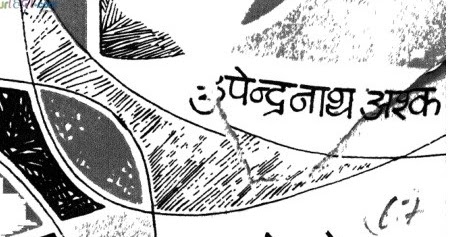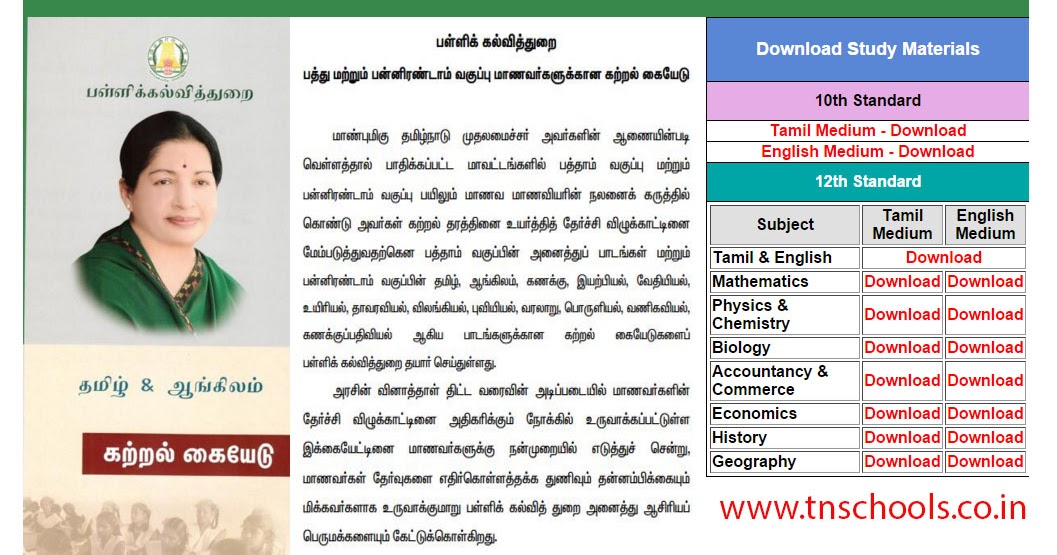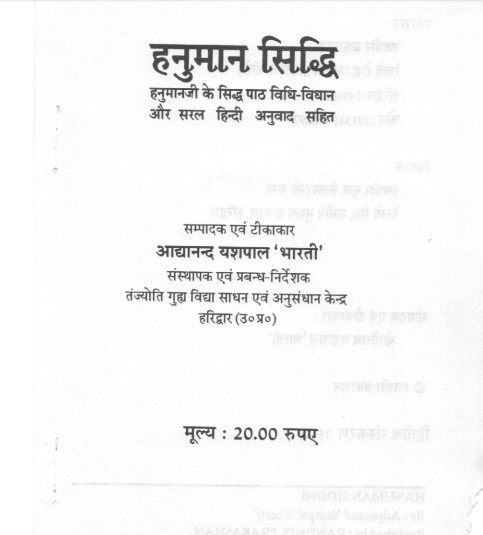Anthropology P.nath Book Pdf Download

Key anthropology textbooks. Like to receive a copy of a book to consider adopting it for your course. Anthropology and is an invaluable guide for anyone. Key anthropology textbooks. Instructors - All the books in this catalog are available to order as either complimentary exam copies or eInspection copies. If you are teaching and would. Anthropology and is an invaluable guide for anyone wanting to learn more about this fascinating subject. Physical Anthropology by P Nath PDF. ForumIAS, a online portal for UPSC Preparation Online. Clear IAS and other UPSC exam with ForumIAS. A leading site for UPSC Online Preparation. Jawahar book centre k website par dekho.or call them.www.jawahar-book-centre.com.
Here’s the strategy of my friend Mohammad Roshan for his optional Anthropology and I thank him on behalf of the aspirants. Following is the text written by the man himself.
Anthropology
First of all let me take this opportunity to congratulate my dear friend C M Saikanth Varma (AIR 18) for his tremendous success in the Civil Services examination.
 • Make sure the mods in MO are listed in the order from the previous section and that they are all in the proper place so far in the guide.
• Make sure the mods in MO are listed in the order from the previous section and that they are all in the proper place so far in the guide.
Optional subject:
Optional subject means that one has choice. One must exercise one’s choice with a lot of care. Choice of optional is very important in civil services as one may end up appearing for this exam more than once. Interest towards the subject must be the driving force while choosing an optional. Also, other factors include availability of teachers, mentors and books. Anthropology was all that and much more for me. Therefore, my choice. This attempt I scored 288 marks out of 500 in anthropology. There is no short cut to this subject. If one wants to crack this exam with Anthropology as their optional then one must be a Subject Matter Expert in Anthropology. Here’s my way of studying this wonderful subject. Let’s take the bull by the horns. I believe that we must start with the tough topics first, get a foot hold and later just breeze through the simple topics. In this write up I will deal with Paper 1 and very soon another write up on paper 2 will follow.
- I would recommend everyone to start with Paper 1Chapter2.1 The Nature of Culture: The concept and characteristics of culture and civilization; Ethnocentrism vis-à-vis cultural Relativism and 2.2 The Nature of Society: Concept of Society; Society and Culture; Social Institutions; Social groups; and Social stratification. For these topics please refer Ember and Ember Anthropology published by Pearson. Chapters to be covered include Chapter 13 and chapter 19.
- After this, please read Chapter 6anthropological Theories; Read Ember and Ember Chapter 14 for a broad understanding of the theories and later read History of anthropological thought by V.S. Upadhyay and Gaya Pandey. Even after this many topics like structural functionalism and Cognitive theories may not be clear. I will take up these topics at the end of this write up.
- After this Read paper 1 Chapter 7. Culture, language and communication: Nature, origin and characteristics of language; verbal and non-verbal communication, social context of language use. Read Ember and Ember Chapter 16. Now that we have a foot hold on the broad concepts of anthropology, we may look at a few other and more interesting topics.
- Now Chapters 2.3, 2.4, 2.5 and Chapters 3,4 and 5 that is marriage, Family, Kinship, Economic Organisations, Political Organisations and Religion. For these topics I attended Dr. Lakshmaiah Sir’s online classes. They were quite helpful. Topics like marriage also cover topics from Anthro Thought like structural Functionalism. One may also refer to the book written by Dr. Lakshmaiah sir on these topics.
- Now let’s take a look at Chapter 1.3. We have already covered socio cultural anthropology and linguistic anthropology. What remains in Archaeological anthropology and biological anthropology.
- Let’s now start with archaeological anthropology. For this I would recommend one to combine paper 1 and paper 2, that is both World and Indian archaeology. Refer Nadeem Hasnain’s General Anthropology Chapter “Section C” for world archaeology and Nadeem Hasnain’s Indian Anthropology Chapter 7 for Indian Archaeology. I also read D.K. Bhattacharya’s “An Outline of India Prehistory” for enhancing my answers. This would cover Chapter 1.8 b in paper 1 and Chapters 1.1 and 1.2 in paper 2.
- For Human evolution, that is Chapter 1.4, 1.5 and 1.6 in paper 1 please refer Dr. Lakshmaimah sir’s books. One may also refer to the book written by B.M.Das titled Outline of Physical Anthropology. I read only Part 2 Man and Living Primates and Part 3 Evolution from B.M.Das in this section.
- Now we shall take up one of the most difficult topics to remember, Chapter 9.5 Race and Racism. For this I read Dr. Lakshmaiah sir’s book and also read B.M.Das’s Outline of Physical Anthropology Chapters 24, 25, 26 and 27. This would also cover parts of Chapter 2 in paper 2. This part needs a lot of revision and there is so much to remember.
- For Genetics I attended Dr. Lakshmaiah sir’s online classes and read P. Nath’s Physical Anthropology Section A topics 1 to 29. I would recommend sir’s online classes for this as it would make your life quite simple.
- For Dating techniques Chapter 1.8 a; read Chapter 2 Measuring Time from D.K. Bhattacharya’s An Outline of Indian Prehistory. For Research methodologies in anthropology, please refer to Nadeem Hasnain’s General Anthropology chapter 4, Tools of Data Collection in Anthropological Fieldwork.
Most of the syllabus in paper 1 would be done by now.
Miscellaneous topics
- Chapter 9.6- refer Dr. Lakshmaiah sir’s book.
- Chapter 9.7 found most of the topics on the internet.
- Chapter 9.8 read a medical book that my Father gave me. (Both my parents are doctors)
- Chapter 10- I read P. Nath’s Physical Anthropology Section C Human growth and development. This chapter is very important from the exam point of view.
- Chapter 11- I read Sosin ma’am’s notes for these topics. These topics were also covered by Dr. Lakshmaiah sir’s online classes.
- Chapter 12- this topic has been beautifully covered in Dr. Lakshmaiah sir’s book.
For topics like Structuralism, structural functionalism, symbolic, interpretative and cognitive theories please check out related videos on youtube. There are some wonderful videos explaining these theories both in terms of sociology and anthropology.


Introduction To Anthropology Pdf Download
Free Book Pdf Download
Free IAS Online Preparation Initiatives by ForumIAS
Current affairs is the most important part of UPSC IAS exam. ForumIAS provides a detailed analysis of important news articles through its 9PM brief. In current affairs reading Editorials Online needs an in-depth focus and hence we provide a separate analysis of daily editorials which is not found in any other website. Click the following link to access these free preparation initiatives in Portal . ForumIAS also provides compilations and Free downloads for UPSC IAS preparationKnowing is never enough for IAS exam. An IAS aspirant must be engaged in answer writing practice to do well in UPSC IAS Mains Exam. ForumIAS has launched a Mains Marathon initiative for IAS mains Online answer writing. Click here to access UPSC Mains Marathon initiative . For Daily Must Read Newspaper articles, Visit Must Read Newspaper page here. Must Read Newspaper is an Initiative by Team ForumIAS to provide Current Affairs links to the Must Read Articles of The Day from Newspaper.
UPSC Syllabus
The most important part of UPSC IAS exam is its syllabus and there is a need to take an in-depth look at it. Click here to view the UPSC IAS Prelims syllabus. Visit UPSC IAS syllabus page here
UPSC IAS Study Material
ForumIAS is the repository of many toppers’ Online study materials for GS Mains and Optional subjects. The most unique thing about it is that they are handwritten by toppers themselves. Click here for UPSC sample notes
Interview Preparation for IAS
Interview is the last and crucial stage for becoming an IAS officer. How to prepare for it? We provide a solution. ForumIAS is the only online website where quality IAS interview preparations happen. Online Current affairs from an interview perspective are extensively discussed and specific preparation based on candidate’s profile and hobbies can be done. Please visit this link for UPSC Interview Preparation At ForumIAS we have an exclusive Online page to read the UPSC Interview Transcripts
Indian Forest Service (IFoS)
IFoS is one of the most sought after All India Service. ForumIAS provides the right approach to excel in this exam through their toppers who have shared their success mantras and their study materials in an elaborate manner.
About Indian Administrative Service (IAS)
IAS is considered as one of the best jobs on earth. IAS officers hold the most important positions in Central and State Governments and in Public Sector Undertakings (PSUs). They also represent India in international organizations. They take the most important decisions in the administration of Government policies and development programs.
About Indian Police Service (IPS)
IPS officers occupy higher positions in the State Police Departments, Central Armed Police Forces and Intelligence Agencies. Their most important responsibilities are maintenance of Law and Order and internal security.
About Indian Foreign Service (IFS)
IFS officers serve as diplomats in international missions and embassies of India around the world and in prominent international organizations like United Nations (UN), World Bank, and IMF. They work to promote India’s interests from a bilateral and a global perspective. The Study portal is a single point of online IAS preparation through its several initiatives like the Must Read News Articles, the 9 PM Brief, the Mains Marathon. If you are preparing for IAS exam online, ForumIAS is the place to go. ForumIAS is proud of ForumIAS Alumni in UPSC Service who have secured top Ranks in past 5 years.